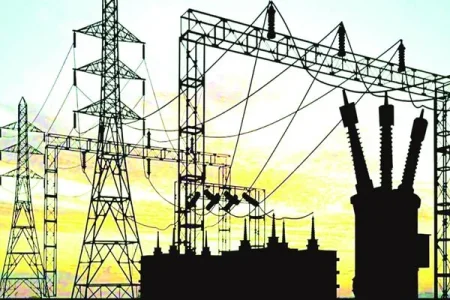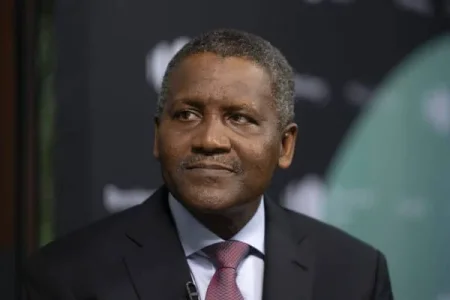
Power companies in Nigeria are set to implement a significant increase in electricity tariffs, raising rates to N200 ($0.15) per kilowatt-hour from the current N68 for urban consumers.
This move, reported by Bloomberg news agency, aims to address concerns regarding electricity consumption patterns and the financial sustainability of the power sector. The proposed hike affects approximately 15% of the population, deemed heavy consumers of electricity, yet responsible for 40% of the nation's energy usage.
The surge in tariffs, nearly tripling current rates, follows government efforts to attract new investments and reduce subsidies, amounting to approximately $2.3 billion. The decision has sparked widespread debate and criticism, with civil society organizations expressing deep concern over its potential impact on the already burdened citizens.
Additionally, experts caution that this move, coupled with the recent removal of fuel subsidies and currency fluctuations, could exacerbate economic challenges and social unrest in the country.
As stakeholders weigh in on the implications, the government faces mounting pressure to address the growing discontent and find sustainable solutions to the nation's energy needs.




